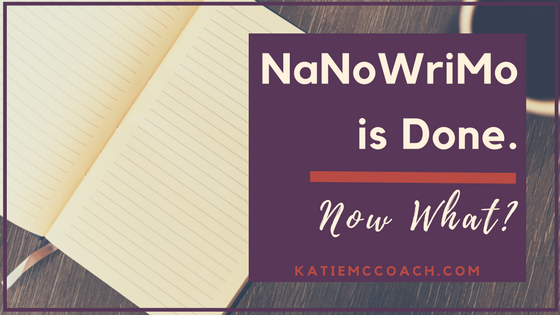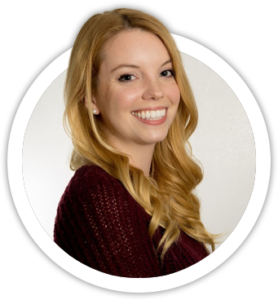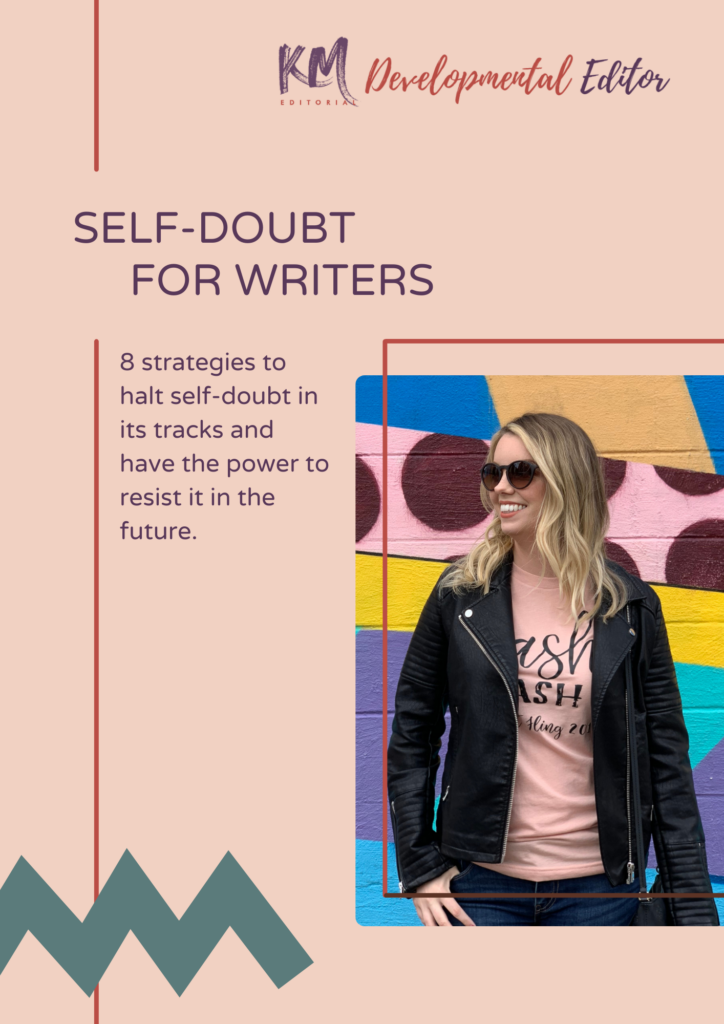National Novel Writing Month, known as NaNoWriMo, is over. Whether you completed all 50,000 words or made it halfway, be proud! Now that the challenge is done, there’s hard work ahead.
Take Your Time
The month of November likely flew by, but the time you take to revise your draft should not. Trust me (you’ll thank me later), no matter what your best friend or closest family member says after reading it, your NaNoWriMo novel is not ready.
December 1st is not the day to self-publish or submit your manuscript to agents. It’s not even the day to hire an editor.
- Put your draft aside and clear your head.
- Buy fiction writing craft books and follow relevant writing sites.
- Become familiar with point of view (POV), dialog tags, action beats, showing versus telling, past versus present tense, and writing that all-important great opening.
- Join writing groups, either online or in person.
- Make friends with other authors.
- Begin to build your stable of beta readers or critique partners—you’ll need them.
Revise, Rinse, Repeat
After you’ve taken a good, long breath, open your manuscript and read it.
Revise it again and again until you can’t see straight.
Now, ask those beta readers and critique partners you’ve lined up to weigh in on your story. Don’t fear the feedback—it’s better to find out about plot holes, annoying characters, or multiple POVs (aka head hopping) sooner than later. Revise your work again—yeah, yeah, I know you’re sick of it, but if you’ve received good input, now’s your chance to use it.
What Happens When You Rush?
I’ve edited a number of NaNoWriMo-inspired novels. What sets a good manuscript apart from a mediocre one? Time, patience, multiple revisions, and hard work. When your manuscript is in better shape, your editor can focus on fixing what matters most. Do the following issues exist? Fix them before seeking an editor and save time and money:
- Is POV consistent throughout? Did it start in third-person limited and move to first-person?
- If you wrote in third-person limited POV, are there multiple shifts in POV within a scene? Head hopping cannot be fixed simply by breaking one scene into ten or deciding your book is now written in third-person omniscient POV (there’s more to writing in omniscient POV and it’s not for novices).
- Did you start out writing in past tense and unconsciously shift to present (or vice versa)?
- Does your plot meander in a number of directions with no clear focus?
- Did you write a satisfying ending or leave your reader hanging?
What Type of Editing Do You Need?
No matter how much revision you’ve done, you’re going to need an editor. Familiarize yourself with the different types of fiction editing. (See also: Hiring an Editor). Novice authors and those unable to rectify the above issues will benefit from a developmental (big picture) edit before moving to line editing and copyediting. Others who’ve worked with multiple beta readers and critique partners may be ready for a substantive line edit. Some may have polished their drafts well enough to move to line editing or copyediting.
Find an Editor
Once your manuscript is as clean as it can be, hire a professional editor to move your novel to the next level.
Professional editors are not people who simply majored in English, “like to read,” and woke up one morning and decided to call themselves editors.
Professionals have a proven body of work, might have additional training, and are often members of professional organizations.
Choosing an editor doesn’t have to be daunting. Why shell out a percentage of your editing budget to some company that’s plastered all over social media claiming to “vet” editors for you? They simply check to be sure featured editors are members of at least one professional organization and have several books in their portfolios.
Do the vetting yourself.
Check professional organizations’ member directories and ask accomplished authors for recommendations.
I’m a member of these organizations. All have member directories:
- The Association of Independent Publishing Professionals (AIPP) features member professionals dedicated to working with self-publishing authors and small presses. http://aipponline.org
- The Editorial Freelancers Association (EFA) http://www.the-efa.org/dir/.
- The American Copy Editors Society (ACES) http://www.copydesk.org.
Free sites such as Pronoun https://pronoun.com/ include a searchable list of already vetted editors and leave the arrangements to you and the editor. Publishers Marketplace has a large directory of publishing industry professionals. LinkedIn is another source; use search words such as “fiction editor” and “copyeditor.”
Great editors can book up a few months in advance. Plan accordingly.
 Nikki Busch is an independent fiction editor at Nikki Busch Editing, a member of the copyediting team at Katie McCoach Editorial, and a published poet and author. Find her at http://www.nikkibuschediting.com. Twitter: @NikkiBuschEdit http://twitter.com/NikkiBuschEdit. Facebook: http://www.facebook.com/NikkiBuschEditing/.
Nikki Busch is an independent fiction editor at Nikki Busch Editing, a member of the copyediting team at Katie McCoach Editorial, and a published poet and author. Find her at http://www.nikkibuschediting.com. Twitter: @NikkiBuschEdit http://twitter.com/NikkiBuschEdit. Facebook: http://www.facebook.com/NikkiBuschEditing/.
Don’t miss a post! When you sign up for the KM Editorial monthly newsletter you’ll receive a free downloadable Guide to Getting Published.



 Download your free copy of these 8 tried-and-true strategies to stop self-doubt and imposter syndrome as a writer. And, build the power to resist it in the future.
Download your free copy of these 8 tried-and-true strategies to stop self-doubt and imposter syndrome as a writer. And, build the power to resist it in the future.